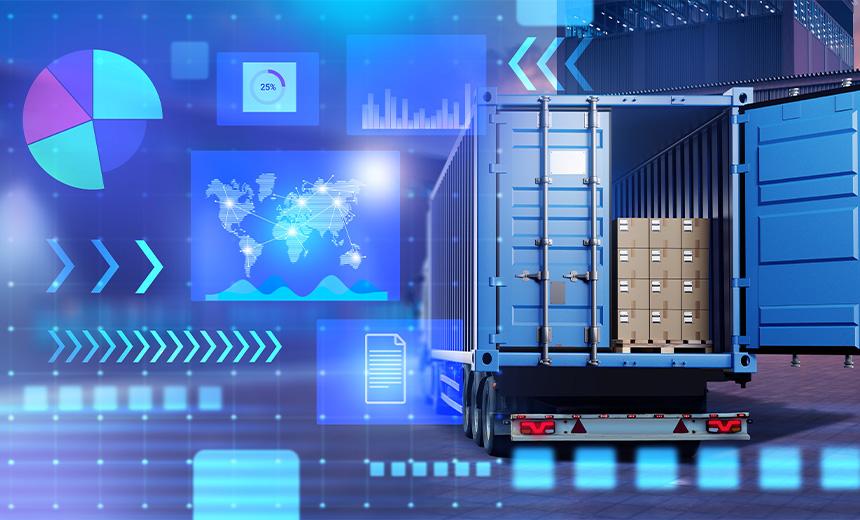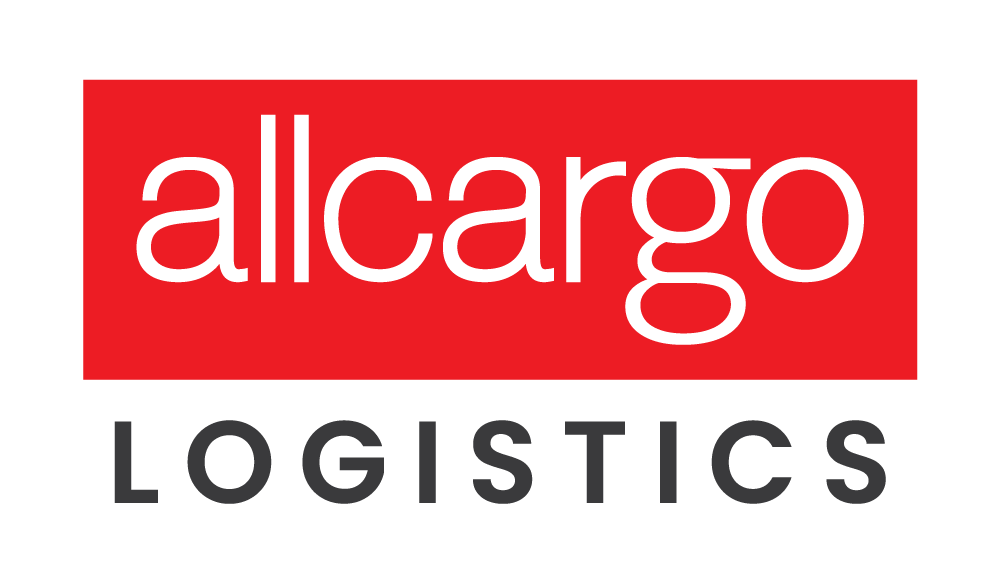- Home
- News Press Releases
- Cloud, AI and Analytics: Allcargo Gati's Digital L...
Cloud, AI and Analytics: Allcargo Gati's Digital Leap

India's logistics market is projected to reach around $160 billion by FY28, driving a rapid digital transformation in the sector. As one of India's leading express distribution and supply chain management providers, Allcargo Gati recognized the need to modernize its IT infrastructure. Its on-premises enterprise resource planning, or ERP, system had reached its limits, causing operational bottlenecks and system outages.
To address these challenges, the company embarked on a cloud transformation journey, migrating its core database to Oracle Base Database Service on Oracle Cloud Infrastructure. The move was designed to enhance application performance, reduce latency and enable seamless scalability.
"Allcargo Gati's decision to move to the cloud was not just about modernization but about addressing real operational challenges. Latency was playing a big role, impacting operational processes," said Sanjay Khiyani, CIO of Allcargo Gati. "Over two decades of enhancements had led to a siloed IT environment, causing system latencies that impacted real-time decision-making. We had built disparate systems that required syncing, and the delays started affecting efficiency. Reinventing our IT infrastructure became an urgent requirement."
The Need for Speed in Logistics
With a vast logistics network covering 19,800 pin codes across 730+ districts in India, Allcargo Gati operates round the clock. Any system downtime directly affects the movement of goods, particularly during off-peak hours when logistics operations are most active. "A lot of work happens in the odd hours, and if systems are unavailable, it impacts operations, especially cargo movement at night," Khiyani said.
On recognizing these operational challenges, the company initiated its cloud migration strategy, transitioning its core database from an on-premises environment to the cloud. This shift was aimed at unlocking cost efficiencies while providing a scalable foundation for future technological advancements.
"We successfully completed the migration last year. Moving our core database to a cloud-based environment not only helped us optimize costs but also provided a platform that allows us to build new-age solutions," he said.
Phased Approach to Cloud Migration
The transition to the cloud was not instantaneous. It required meticulous planning and a phased execution strategy to minimize disruptions. The migration, which spanned approximately six months, was carried out in stages. The HR modules were migrated first, followed by operational modules that were not part of the core ERP. Business-critical applications, including its booking and last-mile delivery apps, remained on-premises until full migration was completed.
The results were immediate and significant. System performance improved by 30%, eliminating peak-hour slowdowns that previously hampered morning delivery preparations and evening cargo loading. "We achieved a 20% to 30% reduction in downtime, significantly improving system reliability. Even during high-demand seasons like Diwali, we can easily scale up or down without disrupting operations," Khiyani said.
Overcoming Migration Challenges
Shifting from a highly controlled on-premises environment to a cloud-based infrastructure presented its own set of challenges. Having operated a stable system for over two decades, the company had become accustomed to resolving issues at a hosted data center. Moving to the cloud required a fundamental mindset shift - one that involved trusting an external provider for critical IT functions.
"Moving to the cloud meant handing over control to an external provider, which required a mindset shift. However, with time, these apprehensions were resolved, and the team found themselves at ease with the cloud's capabilities," Khiyani said. The company migrated its disaster recovery site in Chennai to the cloud, bolstering its resilience. "Our infra team is now at much greater peace knowing we have a strong DR setup in place," he said.
Using AI and Advanced Analytics for the Cloud
With a robust cloud infrastructure in place, Allcargo Gati has begun harnessing the power of AI and advanced analytics to drive efficiency and business insights. The company recently completed the configuration of a data lake on the cloud and is actively ingesting business data into it.
"Our in-house data science team, comprising over 30 experts, is working on various use cases, such as network optimization and line-haul profitability," Khiyani said.
One of the major initiatives post migration was revamping the company's control tower operations. By shifting control tower functions to the cloud, Allcargo Gati can now capture live data feeds and generate real-time decision-making insights. The company has also integrated IoT-based GPS devices into its 9,000 vehicles operating across logistics parks and national highways, providing real-time tracking data that merges with operational insights on the cloud. "This has improved our ability to track shipments and optimize routes, ultimately enhancing customer satisfaction," he said.
AI, Mobile-First Approach and Seamless Integration
Allcargo Gati's cloud transformation has paved the way for AI-driven applications, modular system upgrades and an enhanced mobile experience. The company is taking a mobile-first approach to ensure key applications are accessible from anywhere.
"Our booking app is being rebranded with a new UI and built using Angular to improve responsiveness," Khiyani said. The company is integrating SaaS-based solutions with its core ERP through APIs, while its finance and accounting systems are being transitioned to Oracle Fusion, enabling seamless integration of booking data from customers and partners directly into the company's system.

